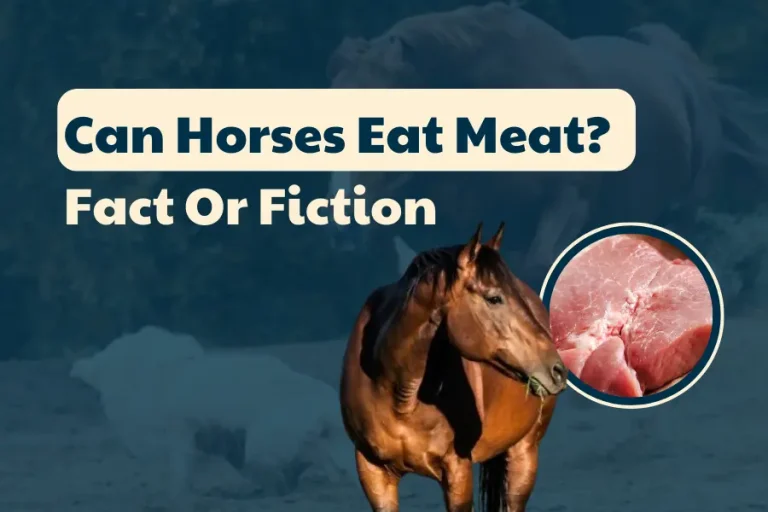Can Horses Eat Strawberries? What You Need to Know

A sweet, red fruit like strawberries is often a favorite snack of humans. So have you ever asked yourself the question “Can horses eat strawberries?”. Strawberries are not toxic to the consumption of horses and may be recommended for use on various occasions.
However, horse owners should know a few things before adding strawberries to their horse’s meal list. This article is centered on the impact of strawberries on the horses and how the strawberry could be included in the diet plan of the horse. This has to be done in equal proportions as this is one of the basics in the health of the horse. Let’s find out!
Nutritional content of strawberries
Similar to pears, grapes, or watermelons, strawberries also have many other vitamins and minerals that may be very vital to the health of the horse. These fruits when offered to the horse will help make your horse healthier and happier.
Strawberries are composed of 91 percent water and 7.7 percent carbohydrates. They contain only 0.3 percent fat and 0.7 percent protein.
100 grams of fresh strawberries contain:
- Energy: 32 calories.
- Water: 91%.
- Protein: 0.7 grams.
- Carbs: 7. 7 grams.
- Sugar: 4. 9 g
- Fiber: 2 grams.
- Fat: 0. 3 g
Other minerals in strawberries are vitamin C, manganese, folate, potassium, magnesium, and vitamin K.



